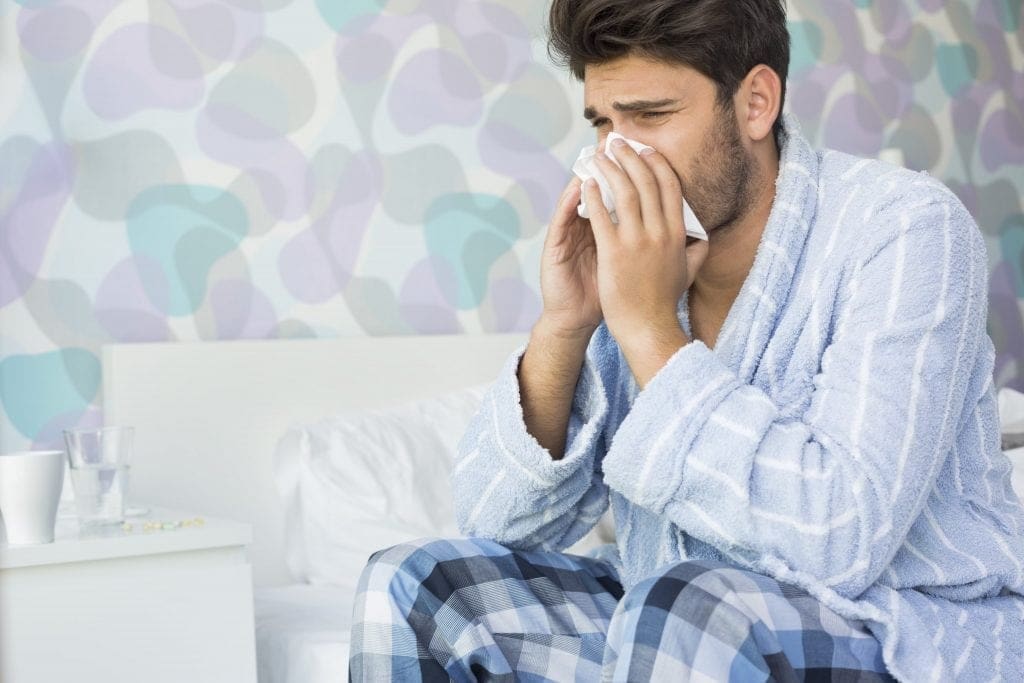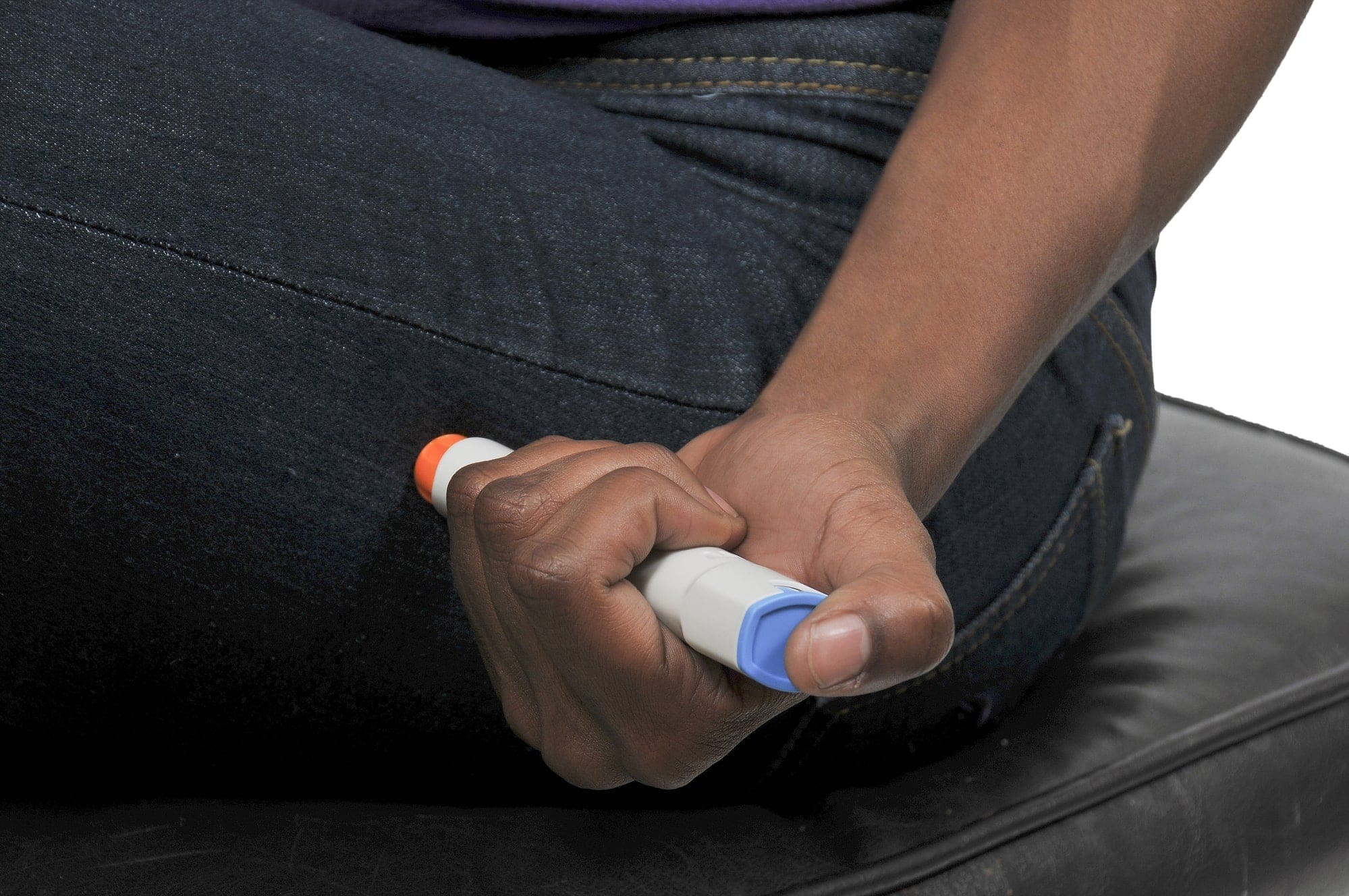People with a history of severe allergic reactions are required to continually keep a watchful eye on everything they eat or come in contact with. This is especially true for when they go on holiday, where a destination is often a place not previously visited and might expose one to several unknown factors related to food and other things. Going on vacation also increases the probability of those who have not had previous allergic episodes to exhibit allergic tendencies toward substances they have not encountered previously. This is where allergy relief treatments come into the picture. To understand why they are essential, it is crucial first to understand what precisely allergic reactions are and how they can be managed.

What is anaphylaxis?
According to the definition given by the American Academy of Allergy, Asthma, and Immunology (AAAI), anaphylaxis is a severe, life-threatening allergic reaction. This happens when the immune system – the body’s natural defence system – overreacts to a trigger substance (allergen), by releasing chemicals (histamines) that cause allergic symptoms. Although these distressing symptoms are usually localised to one part of the body, an exaggerated anaphylactic reaction can affect several parts of the body simultaneously. If the reaction is very severe, it can cause an over-release of chemicals that puts one into shock: the blood pressure plummets suddenly, and breathing is hindered by narrowing airways. This is called anaphylactic shock.
Anaphylaxis develops rapidly, with the severity peaking within 5 to 30 minutes. The reaction can range from mild, moderate or severe. Generally, cases are mild, but there is the possibility that anaphylaxis may become life-threatening if it is not appropriately treated promptly.
What are the triggers and symptoms of anaphylaxis?
Triggers like pollen, pet dander or dust mites cause a much milder allergic reaction that is not life-threatening and easily managed, while the most common causes of severe anaphylactic reactions are foods (nuts, milk, fish, shellfish, eggs, seeds and some fruits), insect stings (wasp and bee stings in particular), medicines (antibiotics, some non-steroidal anti-inflammatory drugs like aspirin) and latex (a rubber product, usually used to make gloves). When there is no evident trigger, it is called idiopathic anaphylaxis.
Anaphylaxis typically manifests spontaneously and gets worse very rapidly. Some of the common signs and symptoms include:
• Runny or stuffy nose, coughing and wheezing
• Feeling lightheaded, confused and dizzy
• Breathing difficulties and fast, shallow breathing
• Itchy, raised rash on the skin (hives)
• Abdominal pain
• Swelling and itchiness (commonly on lips, throat, face, hands or feet)
• Collapsing or losing consciousness
What are allergy relief treatments?
It is essential to understand that different medications are used to manage anaphylaxis than those for mild allergic reactions. Medicines like Antihistamines reduce or block histamines to relieve symptoms of different types of allergies, including seasonal allergies (hay fever), but take much too long to act in case of a severe reaction.
Epinephrine, on the other hand, is used to treat anaphylactic emergencies. It is fast-acting and instantly helps to ease breathing, stimulate the heart, normalise blood pressure, reduce swelling of the face, lips, and throat and resolve skin rash. Nevertheless, the effects of this medication are not long-lasting, and it is essential to get medical help right away.
Why is it essential to keep allergy treatments like EpiPen at hand?
Due to the severity of anaphylactic reactions, as well as the potentially deadly effects it can have, if treatment is delayed, immediate medical treatment including a prompt injection of epinephrine and a subsequent trip to a hospital emergency room is required in cases of anaphylaxis. Sometimes symptoms subside and then reappear within a couple of hours. Thus, once the necessary steps are taken, it is important to stay under medical observation as long as the symptoms and reaction continue to manifest.
The EpiPen Auto-Injector is a disposable medical device that is pre-filled and can automatically administer a measured dose of epinephrine in the event of a severe allergic reaction. It is easy to use, rapid-acting and very effective in controlling the dangerous symptoms of acute anaphylaxis.
Without epinephrine, there is no quick way to prevent full anaphylaxis from setting in. These Epipens are indispensable for those who have known allergies, more so when they go on holiday. Considering the increased chances of coming into contact with allergy-inducing items in any new environment, this emergency epinephrine injecting devices best be kept close at hand. This applies even to those who have not had allergic reactions before, as one cannot predict when a trigger will be encountered when on vacation, especially during international expeditions that include sampling several exotic foods and visiting unfamiliar places. This is especially important since when on holiday, many might not know anyone in the vicinity that can help them, or may be unable to ask for help as they don’t speak the local language.
How to prevent anaphylaxis while on vacation?
If you have no history of allergies, consider trying to identify any potential triggers through allergy tests. These tests are performed at allergy clinics and can bring unknown allergies to light.
If you are extremely allergic to something or have experienced anaphylaxis before, it is critical to prevent future episodes. Whether taking a road trip, flying to domestic destinations or embarking on an international flight, it is imperative first to consult a doctor as part of your holiday planning. Compiling a list of allergens pre-travel to present to hotels or restaurants will save time and ensure that no miscommunication occurs in the process of protecting your health. Avoiding triggers, whenever possible, by being aware of your surroundings is vital. Prepack allergen-free food, both perishable and non- perishable, to avoid ingesting known allergens.
Carry your epinephrine auto-injector (EpiPen) at all times (carry two if you can), and be sure to keep it in a very accessible place so that it is within reach at all times. It’s also a good idea to carry a medical card or wear a medical alert bracelet or pendant or with information about your allergy.
It goes without saying that, at all times and in every situation, safety comes first. One can never be too prepared for emergencies, and allergy relief treatments are a small but necessary addition to your travel kit to ensure that no stone is left unturned in safeguarding your health as you enjoy your well-earned holiday.




